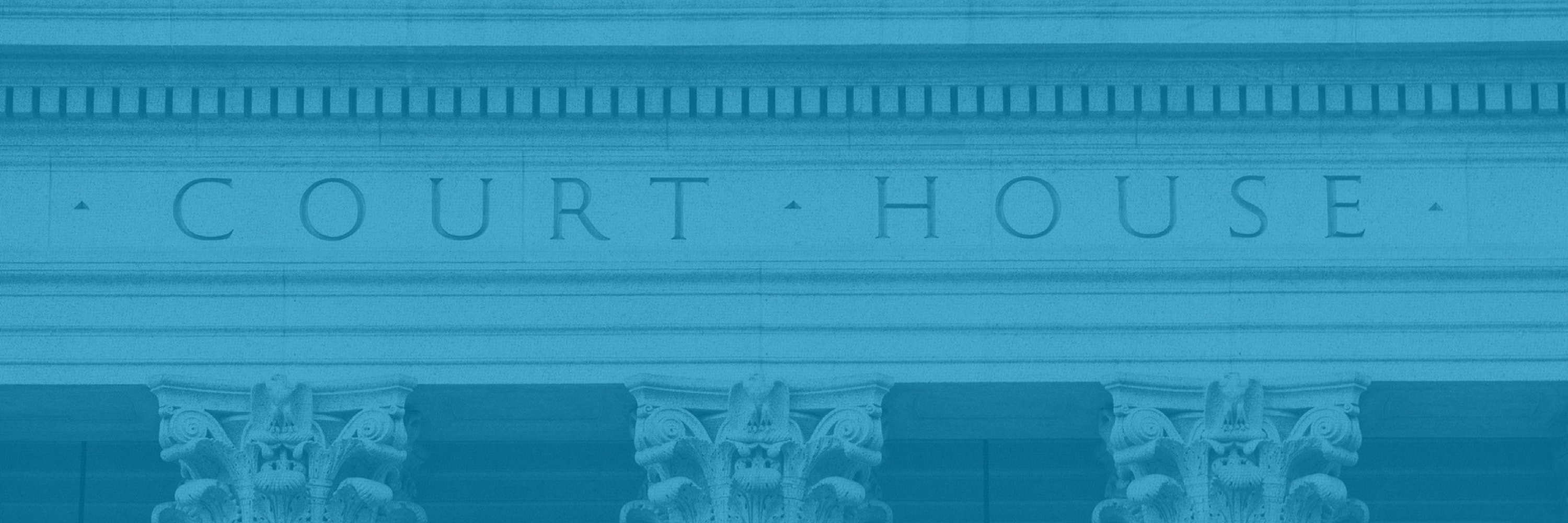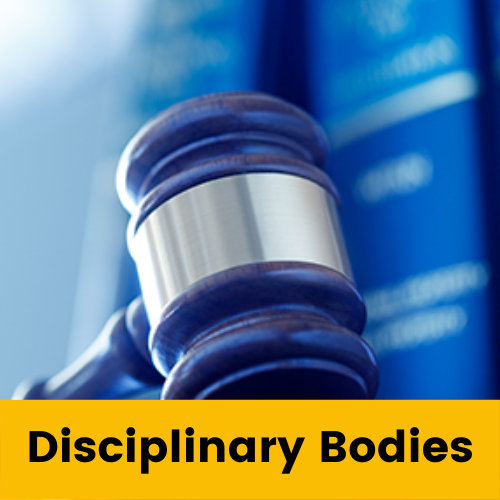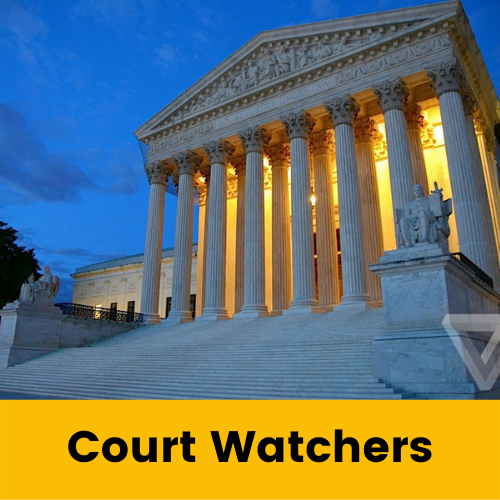The JudgeWatch Network is about two (2) things: Transparency and Accessibility. Through the application of some basic technology to the disciplinary process We the People are able to have unfettered access to all judicial records and have the ability to directly interact through reviews and complaints on every single judge in the United States.
The JudgeWatch Network is not about official accountability. We fully recognize the individual state Constitution(s) grant the state Supreme Court(s) the exclusive power to discipline judicial officers via their own disciplinary bodies. The exercising of that power, however, comes with obligations for timely and complete disclosure.
In the interests of our own commitment to transparency, we are herein publishing our own standards for Court Watch Reviews and Reports; we have defined the terms for Public Complaints; and, we have formalized the Rating process - all in order to accept, track, and analyze the information gathered through this platform.
It is crucial for courts to have zero tolerance for judge-specific rules because the rule of law requires that all individuals, including judges, be held accountable for their actions. When judges are allowed to create their own rules, they undermine the fundamental principle that the law should be applied equally to all individuals.
As with Judicial Record Accessibility, most jurisdictions have adopted a method for disclosing images of their respective judicial officers. This is beneficial if for no other reason than confirming the identity of the judges for purposes of filing a complaint. All jurisdictions could do considerably better by integrating the judicial officers' photo with the complaint process.
In 2007, then President Bush signed into law the Open Government Act creating a strong presumption in favor of disclosure. President Obama furthered the presumption in 2009 with the Open Government Initiative making the obligation for disclosure to be proactive.
Virtually all jurisdictions model their disciplinary bodies as responsive. That is to say... prior to an investigation being initiated a complaint must be filed, including description of the alleged action, identification of the parties involved, and harm done. This model is irresponsible and grants undue benefit of the doubt to the judicial officer.
Complaints about judicial misconduct can come from a large number of sources. Complaints that include allegations where the conduct is on the record and includes time, date, location, and case number [optional] are considered sufficiently accurate to indicate a need for investigation regardless of the identification of the individual or entity filing the complaint. Further, complaints of judicial misconduct need not allege damage to any individual or entity.
As virtually every jurisdiction's disciplinary body has failed, or refused, to uphold the obligations granted them by the state(s) Supreme Court; and, has subsequently lost the public trust - it is imperative that all disciplinary bodies function under the supervision of a neutral third party. The Neutral will insure complete and timely disclosure as well as ratify the process and resulting analytics for all Courts, jointly and severally.
It is important for a judicial disciplinary body to commit to 100% transparency because it promotes accountability, integrity, and public trust in the judicial system. A judicial disciplinary body is responsible for investigating and disciplining judges who engage in misconduct or violate ethical rules. Here are some reasons why transparency is important for a judicial disciplinary body:
Complaints about judicial misconduct can come from a large number of sources. Complaints that include allegations where the conduct is on the record and includes time, date, location, and case number [optional] are considered sufficiently accurate to indicate a need for investigation regardless of the identification of the individual or entity filing the complaint. Further, complaints of judicial misconduct need not allege damage to any individual or entity.
All government business is to be conducted in the light of day within full view of any member of the public that wishes to observe. Citizens of the United States have enacted the Freedom of Information Act (1967) as well as the Open Government Act (2007) and the Open Government Initiative (2009).
As virtually every jurisdiction's disciplinary body has failed, or refused, to uphold the obligations granted them by the state(s) Supreme Court; and, has subsequently lost the public trust - it is imperative that all disciplinary bodies function under the supervision of a neutral third party. The Neutral will insure complete and timely disclosure as well as ratify the process and resulting analytics for all Courts, jointly and severally.
All judges must be able to maintain Order within their respective courtroom; however, this does not empower the judge [as if the Court] to establish standards as rule-equivalents. 'Judge Rules' that are implemented as either a minimum standard for participation; or, that result in punitive impact that a practicing lawyer would not also experience - are considered abusive, extemporaneous, and without Judicial intent. |
It is important to have local disciplinary records accessibility of all judges because it promotes transparency and accountability within the judicial system. Local disciplinary records contain information about any past disciplinary actions taken against a judge, including complaints filed by litigants or attorneys, investigations, and sanctions. |
It is important for all courts to have video recordings of all hearings because it promotes transparency, accountability, and fairness within the judicial system. Here are some reasons why:
|
It is important for all courts to be accessible to pro se litigants (also known as pro per litigants) as a standard because it promotes equal access to justice for all individuals, regardless of their financial resources or legal expertise. Here are some reasons why: |
It is important for courts to ensure proper disclosures because it promotes transparency and fairness in the judicial system. Proper disclosures refer to the timely and complete disclosure of all relevant information by all parties involved in a legal proceeding, including judges, lawyers, and litigants. Here are some reasons why proper disclosures are important: |
It is important for courts to eliminate administrative sanctions because they can create barriers to justice and undermine the fairness of the judicial system. Administrative sanctions refer to penalties or restrictions that are imposed on litigants for procedural or administrative errors, rather than substantive legal violations. Here are some reasons why eliminating administrative sanctions is important: |
It is important for courts to actively participate in lawyer discipline because it promotes accountability, integrity, and public confidence in the legal profession. Lawyer discipline refers to the process of investigating and imposing sanctions on lawyers who violate ethical rules or engage in misconduct. Here are some reasons why active participation in lawyer discipline is important: |
It is important for courts to ensure that plea bargains are non-coercive because plea bargaining is a crucial part of the criminal justice system and it affects the fundamental rights of the accused. A plea bargain is an agreement between the prosecutor and the defendant in which the defendant agrees to plead guilty in exchange for a lesser sentence or other concessions. Here are some reasons why it is important for plea bargains to be non-coercive: |




